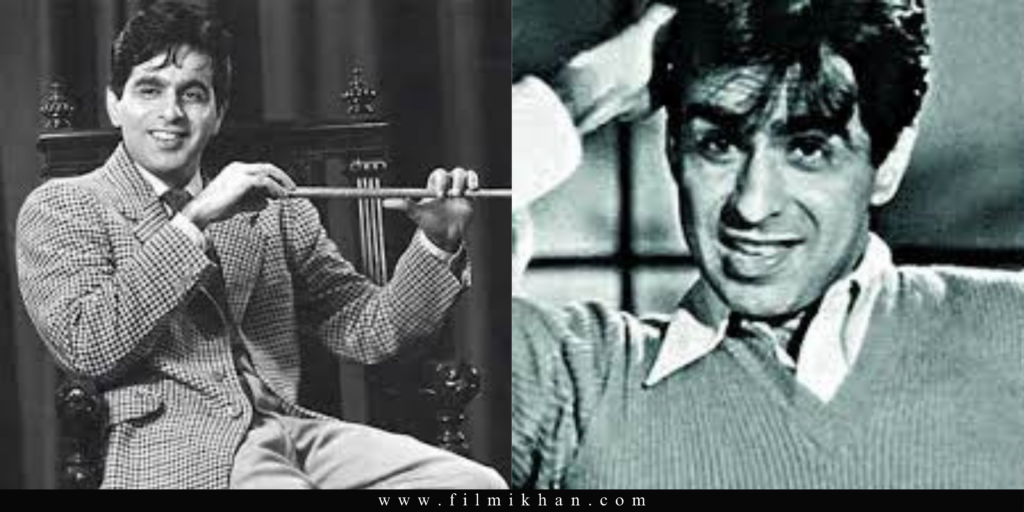
Dilip Kumar, also known as the “Tragedy King” of Bollywood, was an iconic actor whose stellar performances left an indelible mark on Indian cinema. With a career spanning over six decades, Kumar captivated audiences with his exceptional acting prowess and versatility. In this article, we delve into the life and career of the legendary actor, exploring eight of his most memorable roles that defined an era.
Early Life and Entry into Bollywood:
He was born as Muhammad Yusuf Khan on December 11, 1922, in Peshawar, British India (now Pakistan). Dilip Kumar’s journey in the film industry began in the early 1940s. His debut film, “Jwar Bhata” (1944), marked the beginning of a career that would soon elevate him to superstardom.
Breakthrough Role in “Jugnu” (1947):
Dilip Kumar’s breakthrough came with the film “Jugnu,” where he starred alongside the legendary Noor Jehan. The film’s success catapulted him into the limelight, establishing him as a leading actor in the industry.
Unforgettable Performances in Tragedy Films:
Dilip Kumar was known for his poignant portrayals in tragedy films, earning him the moniker “Tragedy King.” Classics like “Mela” (1948), “Andaz” (1949), and “Deedar” (1951) showcased his ability to emote with depth and sincerity, setting a new standard for dramatic performances.
Iconic Collaboration with Dev Anand and Raj Kapoor:
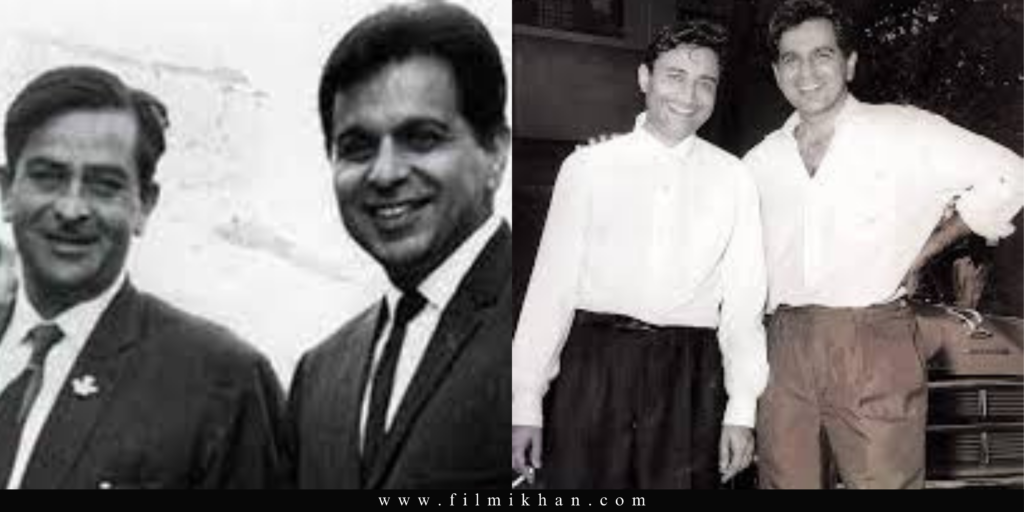
The 1950s witnessed the emergence of the triumvirate of Dilip Kumar, Dev Anand, and Raj Kapoor, each contributing significantly to the golden age of Hindi Cinema. Kumar’s collaborations with these legendary actors in films like “Insaniyat” (1955) and “Andaaz” (1949) showcased his versatility.
Devdas: A must watch film
This period drama film was directed by Bimal Roy, based on the Sarat Chandra Chattopadhyay novel Devdas. In 2005, Indiatimes Movies ranked the film amongst the Top 25 Must See Bollywood Films.
Magnum Opus – “Mughal-e-Azam” (1960):
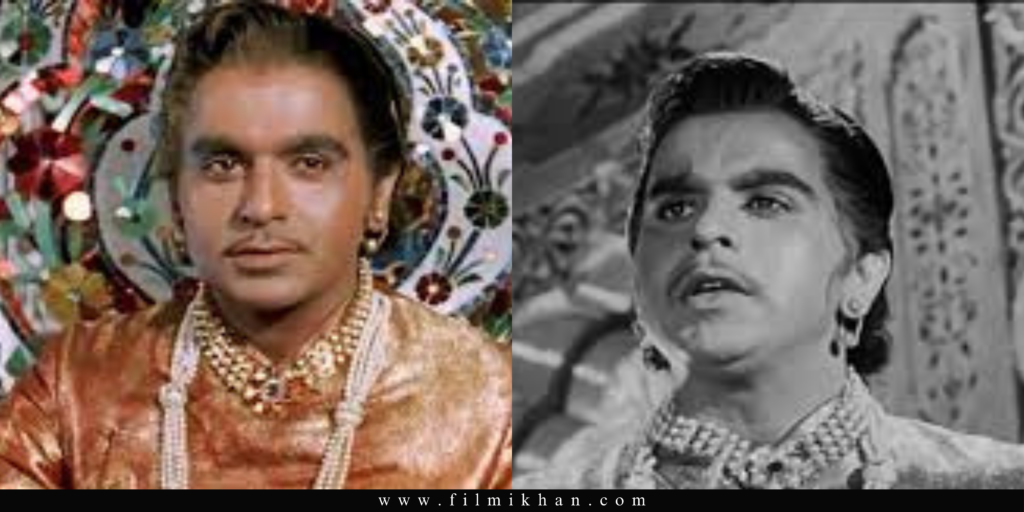
One of the greatest milestones in Dilip Kumar’s career was his portrayal of Prince Salim in the epic historical drama “Mughal-e-Azam.” The film’s grandeur and Kumar’s stellar performance continue to be celebrated, making it a timeless classic.
Transformational Role in “Ganga Jamuna” (1961):
Dilip Kumar’s role as Ganga in “Ganga Jamuna” was transformative, showcasing his ability to play characters with shades of gray. The film, directed by Nitin Bose, earned Kumar widespread acclaim for his portrayal of a man caught between morality and circumstances.
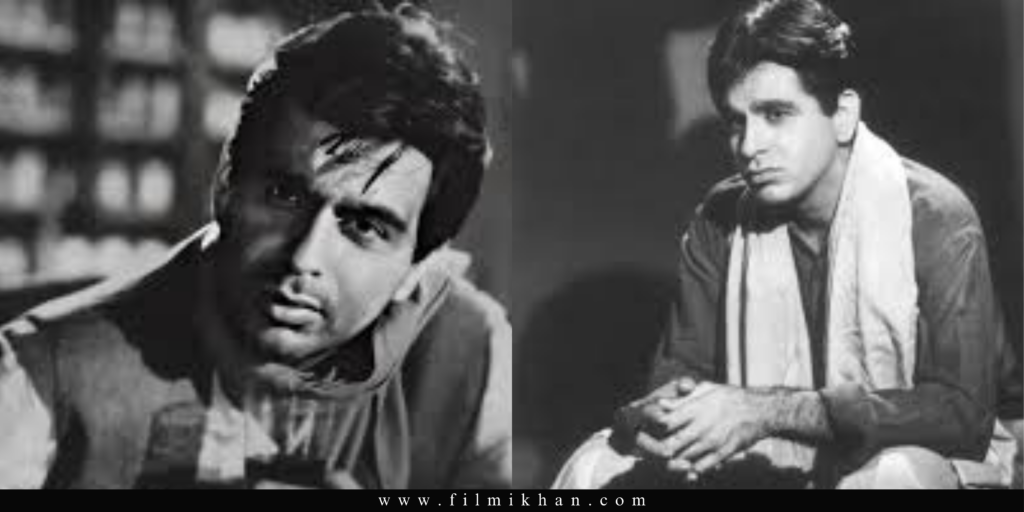
International Recognition and Awards:
Dilip Kumar’s contributions to Indian cinema earned him numerous accolades, including eight Filmfare Awards and the prestigious Dadasaheb Phalke Award. His international recognition solidified his status as one of the greatest actors in the history of Indian cinema.
Later Career and Legacy:
As Kumar aged, he continued to take on diverse roles, such as in “Kranti” (1981), “Vidhata” (1982), “Shakti” (1982), “Karma” (1986) and “Saudagar” (1991). Despite reducing his film appearances, his impact on Bollywood remained unparalleled. His legacy endures through generations of actors who cite him as a major influence.
Personal Life:
Dilip Kumar’s personal life was the subject of media attention. His initial relationship was with actress Madhubala but this relationship could not work out during the filming of Naya Daur and they parted away. He married to actress Saira Banu in 1966, until his death in 2021.
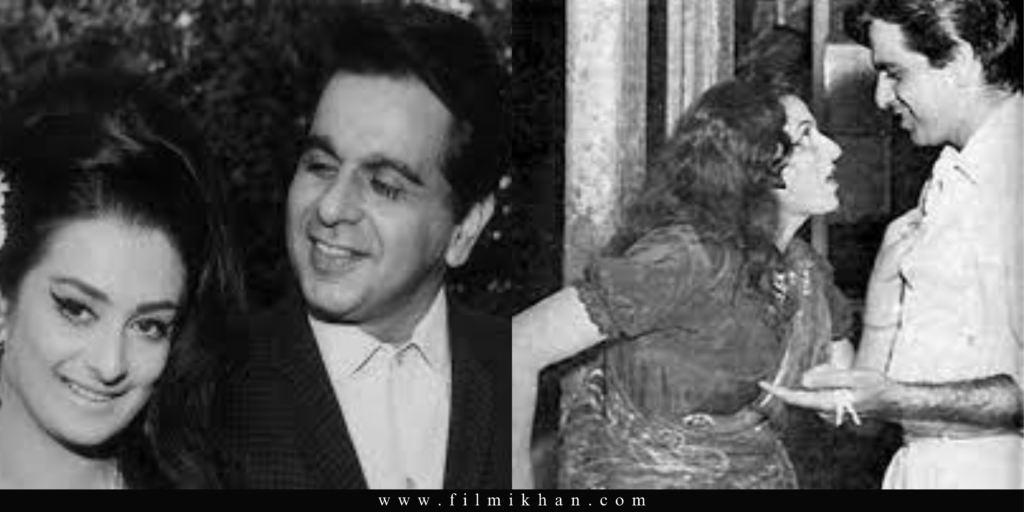
Dilip Kumar’s cinematic journey is a testament to his unparalleled talent and the everlasting impact he left on Indian cinema. From his early days in Peshawar to becoming a Bollywood legend, Kumar’s legacy lives on through his timeless performances. As we remember this iconic actor, his contributions to the world of film will continue to inspire and captivate audiences for years to come.